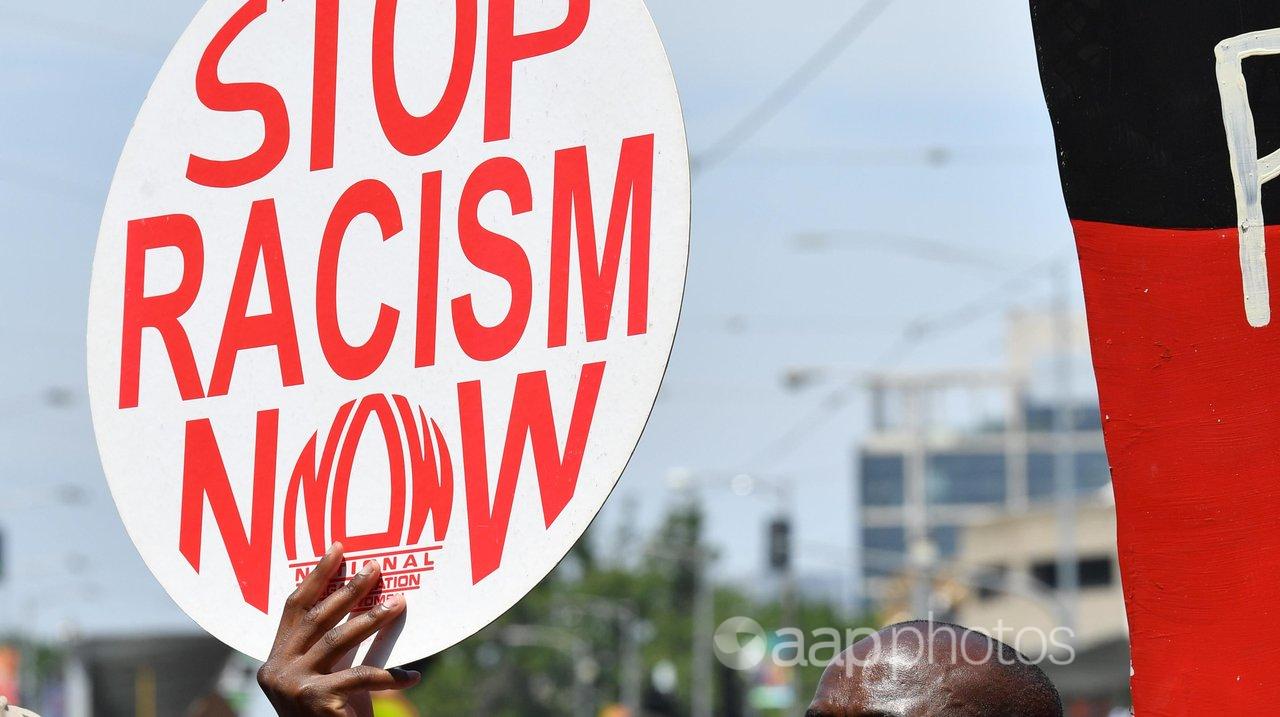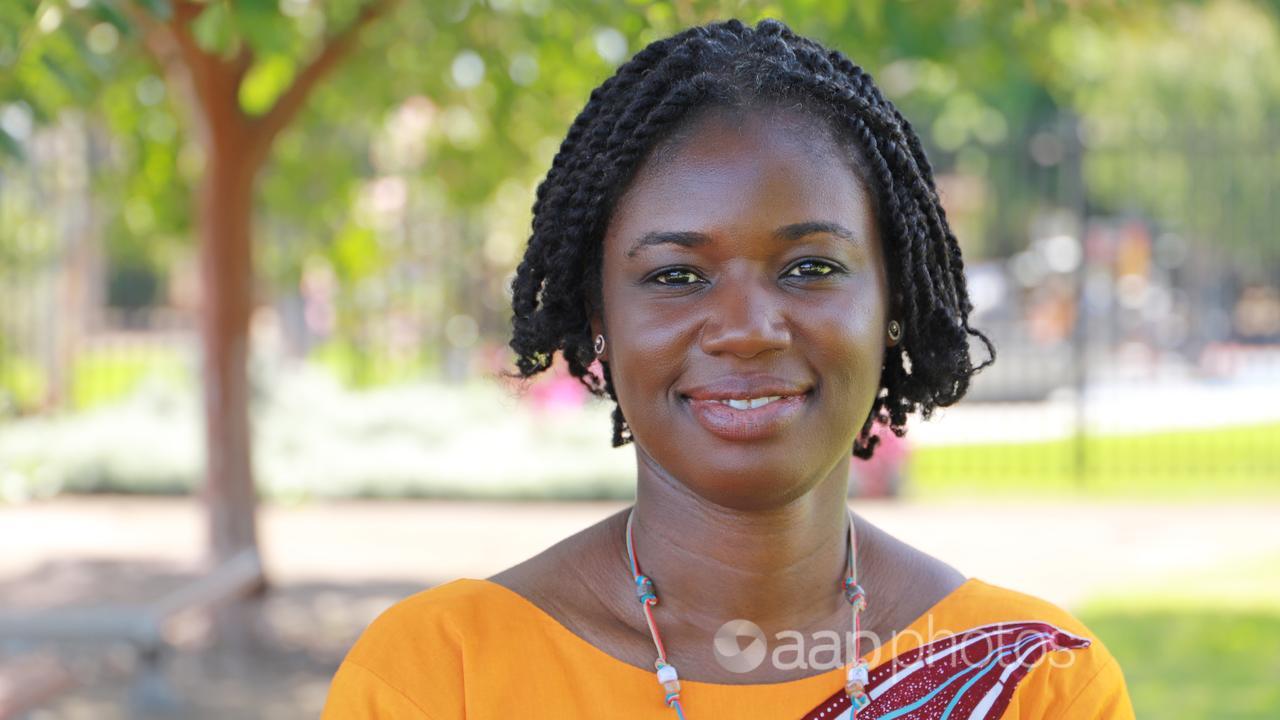Parliamentarians have been put on notice to reign in racist remarks and policies after the release of a major report.
Australia still had a high mountain to climb to remove “entrenched” racism and dismantle embedded white privilege, the document’s author and Race Discrimination Commissioner Giridharan Sivaraman said.
The Australian Human Rights Commission report, billed as the most comprehensive plan in the nation’s history, was delivered to the federal government on Tuesday.
It calls for several major legal and policy changes such as the introduction of a national framework with 10-year commitments that include acknowledgement of the “systemic and structural nature of racism” and “historical and ongoing impacts of settler colonisation on First Nations peoples”.

Among the 63 recommendations, the framework calls for political accountability and increased racial literacy.
They included a call for the regular anti-racism training for parliamentarians and their staff, and a relevant behavioural code of conduct to be developed by the federal Independent Parliamentary Standards Commission.
The report’s release coincided with furore in the Senate on Wednesday as One Nation leader Pauline Hanson was accused of racism during a heated exchange with independent senator Fatima Payman over her eligibility to sit in parliament.
Fellow independent Lidia Thorpe said the incident highlighted the need for all of the commission’s recommendations to eliminate racism to be funded and implemented in full.
Mr Sivaraman said the report included specific recommendations aimed at politicians to embed anti-racist practices in vital institutions.
“It is crucially important that the highest officers of the land reflect the behaviour that is required for the rest of society,” he said on Wednesday.
“Race and racism … are about power and privilege, and if you’re white it’s the power and privilege to know that institutions have been built by people like you for people like you.”
The report’s call for political accountability was a vital step in combatting racism, Refugee Council deputy chief executive Adama Kamara said.
“We’ve seen time and time again how refugees are used for political football,” she told AAP.
“It’s to the detriment of human rights commitments but also to refugees’ lives, all these actions are counterproductive to a belonging society.”

Many members of the African diaspora, for example, had spoken of experiencing racism in the streets, which Ms Kamara said was linked to the way police, the media and politicians talked about the Sudanese community and reported links to crime.
The commission called for the introduction of a national human rights act and the addition of a positive duty clause to the Racial Discrimination Act, forcing businesses and employers to implement anti-discrimination policies.
The framework would include an agreed national definition of racism for Indigenous people.
One of the report’s overarching recommendations is for the federal government to lead a national response to racism, beginning with truth-telling and self-determination for Indigenous people.
This would include anti-racism lessons in schools and enshrining the United Nations Declaration on the Rights of Indigenous Peoples into Australian law.
Mr Sivaraman said the fight against racism needed to be centred on Indigenous people.
“The experience of racism for someone like me is a denial of equity, dignity and respect (but) the experience of racism for First Nations people in this country is also a denial of self-determination and sovereignty,” he said.
A spokesman for Attorney-General Mark Dreyfus commended the commissioner and said the government would work through the recommendations.
“No Australian should be targeted because of who they are or what they believe,” he said.



















